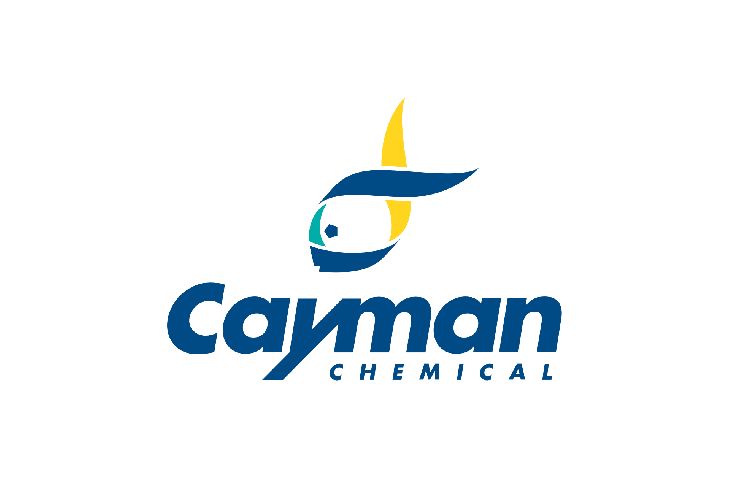Lysophosphatidylcholines are produced by hydrolysis of the fatty acid of phosphatidylcholine (PC; Item Nos. 24343 | 24370) at either the sn-1 or sn-2 position by phospholipase A2 (PLA2) or by lecithin-cholesterol acyltranferase (LCAT), which transfers the fatty acid to cholesterol.{24384} Lysophosphatidylcholine has effects on a variety of cell types, including smooth muscle cells, endothelial cells, T lymphocytes, monocytes, and macrophages among others. It is a major phospholipid component of oxidized low-density lipoprotein (ox-LDL), and it accumulates in animal models of atherosclerosis. Lysophosphatidylcholine also has pro-inflammatory properties through its activation and modulation of various signaling pathways, including the ERK pathway as well as through protein tyrosine kinase and G protein-coupled receptor (GPCR) signal transduction. It is released from apoptotic cells in vitro following caspase-3 activation of the calcium-independent PLA2 and acts as a chemoattractant for monocytes.{37411} Lysophosphatidylcholine (2 µl, 1%) injected into the caudal cerebellar peduncle of rats induces demyelination of axons in vivo, which are extensively remyelinated by oligodendrocytes six weeks following injection.{37412} This product contains lysophosphatidylcholine molecular species with primarily C16:0 fatty acyl chain lengths acylated to the sn-1 position. [Matreya, LLC. Catalog No. 1046]
Do you have any questions about this product?
Order your product by email
Productname
Lysophosphatidylcholine
24331-10
By filling out this form, you are placing an order by e-mail. You will receive an order confirmation within one working day. The order cannot be modified after receipt of the order confirmation.
Request a sample
Productname
Lysophosphatidylcholine
24331-10
By filling out this form, you request a sample. You will receive an order confirmation within one working day. The order cannot be modified after receipt of the order confirmation.
Are you looking for specific products, alternatives or documentation?











